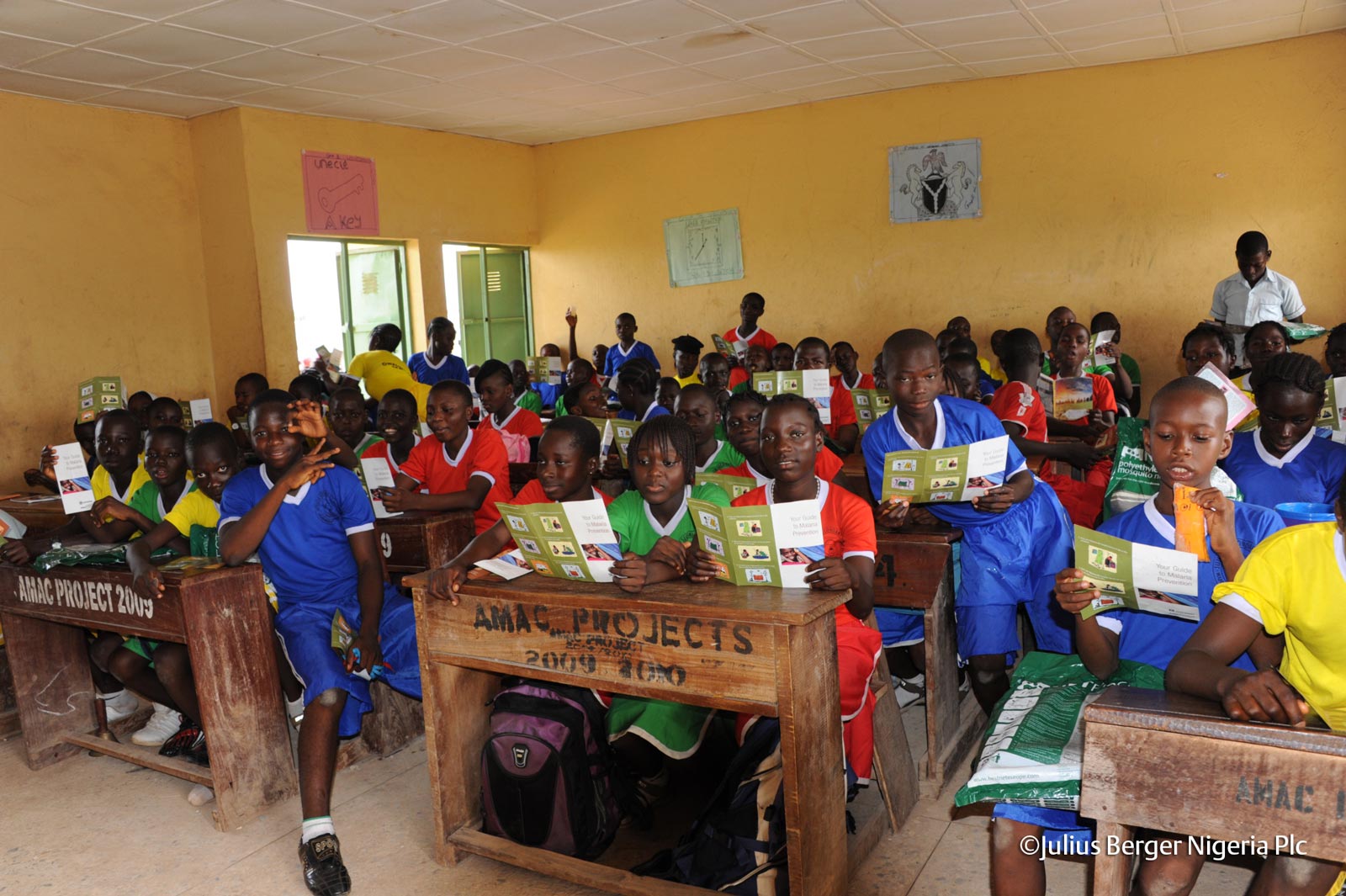ABUJA, Nigeria — The Federal Government has reinstated Nigerian history as a compulsory subject in the national basic education curriculum, a move officials say is aimed at fostering national identity, unity, patriotism, and responsible citizenship among young Nigerians.
Minister of Education, Dr. Tunji Alausa, announced the development in Abuja on Wednesday, September 17, 2025, through a statement issued by Mrs. Folasade Boriowo, Director of Press and Public Relations at the Ministry.
According to Alausa, the reintroduction marks a “landmark reform” under President Bola Tinubu’s Renewed Hope Agenda.
He stressed that history is more than a record of the past, describing it as “a vital foundation for shaping responsible and patriotic citizens.”
“For the first time in decades, Nigerian pupils will study Nigerian History continuously from Primary 1 through Junior Secondary School 3,” Alausa said.
“Students in SSS 1–3 will learn the newly developed subject Civic and Heritage Studies, which integrates Nigerian History with Civic Education. This innovative approach ensures learners understand the nation’s story while cultivating the values of citizenship, responsibility, and service.”
The revised curriculum introduces a wide range of content.
At the primary school level, pupils will explore Nigeria’s origins, traditional rulers, cultural heritage, political evolution, geography, economy, religions, colonial administration, and post-independence governance.
Junior secondary students will study Civic and Heritage Studies, with topics including early Nigerian civilisations, pre-colonial states, West African empires, trans-Saharan trade, European contact, amalgamation, independence movements, and democratic governance.
The aim, Alausa said, is to blend historical knowledge with civic values in order to strengthen national unity.
Describing the reform as “a priceless gift to the nation,” the minister said the changes would reconnect children with their roots and inspire pride and commitment to Nigeria’s development.
He added that embedding civic education in the curriculum would help young Nigerians respect diversity, uphold institutions, and contribute positively to society.
The Education Ministry has released the revised Nigerian History Curriculum for Primary 1–6 and JSS 1–3 and plans to work with stakeholders to provide teaching resources, retrain educators, and strengthen monitoring and evaluation.
Alausa called on parents, teachers, and communities to support the initiative, framing it as a shared responsibility to nurture patriotic and disciplined future leaders.







